Comparing Orbitype and Ghost: Best CMS for Blogging in 2025

Introduction
Blogging remains a powerful platform for content creators in 2025, offering opportunities to share ideas, build communities, and monetize expertise. Choosing the right content management system (CMS) is essential to achieving these goals effectively. Two standout CMS options for bloggers are Orbitype and Ghost. While both platforms cater to different user needs, they each bring unique strengths to the table.
This blog compares Orbitype and Ghost, highlighting their features, differences, and ideal use cases to help you choose the best CMS for your blogging journey.
Overview of Orbitype
Orbitype is a cutting-edge Headless CMS designed to provide flexibility, scalability, and ease of use. It’s an excellent choice for developers and bloggers looking for a solution that balances dynamic functionality with simplicity.
Key Features of Orbitype
Unified Content Management: Orbitype centralizes content, tools, and data for streamlined workflows.
Auto-Adapting API: Seamless integration with modern frameworks like React, Vue, and Angular.
Graphical Dashboards: Real-time insights into content performance.
Scalability: Ideal for blogs ranging from small projects to enterprise-level applications.
Benefits for Bloggers
Orbitype offers unparalleled flexibility, allowing users to create custom designs and deliver dynamic updates across multiple platforms. Its robust API integrations and scalability make it an excellent choice for bloggers looking to expand their reach and manage complex projects effortlessly.
Overview of Ghost
Ghost is a minimalist CMS built specifically for content creators, prioritizing simplicity and speed. With a strong focus on writing, Ghost provides tools to optimize the blogging experience.
Key Features of Ghost
Content-First Design: Streamlined interface for creating and managing blog posts.
Built-In SEO Tools: Optimized for search engines out of the box.
Monetization Features: Support for memberships and subscriptions.
Fast Performance: Lightweight framework ensures quick load times.
Benefits for Bloggers
Ghost’s straightforward approach makes it perfect for writers and content creators who want a hassle-free blogging platform. Its built-in SEO tools and monetization features further enhance its value for those focused on growing and monetizing their audience.
Key Differences Between Orbitype and Ghost
Flexibility
Orbitype offers unmatched flexibility, supporting custom designs, multi-channel delivery, and advanced API integrations. This makes it ideal for blogs that require complex structures and dynamic updates. Ghost, on the other hand, emphasizes simplicity with a focus on content creation, making it less flexible but highly efficient for writing-centric workflows.
Performance
Ghost excels in speed due to its minimalist framework, which ensures fast loading times and a smooth user experience. Orbitype also delivers solid performance but is better suited for blogs that need to manage dynamic content or scale across multiple platforms.
SEO and Monetization
Both platforms support SEO, but Ghost comes with built-in tools tailored for search engine optimization and audience monetization through memberships and subscriptions. Orbitype offers robust SEO capabilities but lacks native monetization features, focusing more on flexibility and scalability.
Ease of Use
Ghost’s intuitive interface makes it perfect for non-technical bloggers seeking a straightforward experience. Orbitype, while user-friendly, caters to both developers and non-developers, offering advanced tools for those who need them.
Choosing the Right CMS for Your Blog
When deciding between Orbitype and Ghost, consider the following:
For Content Creators and Writers: If your primary goal is to focus on writing and publishing with minimal distractions, Ghost is an excellent choice. Its content-first design and monetization tools make it ideal for individual bloggers.
For Developers and Growth-Focused Blogs: Orbitype is better suited for blogs that require scalability, dynamic updates, or integration with modern frameworks. It’s perfect for those planning to expand their blogs into multi-channel platforms.
Scalability and Long-Term Goals: If you envision your blog growing into a larger platform with complex needs, Orbitype’s flexibility will support your long-term ambitions. Ghost is more appropriate for smaller-scale projects or writing-focused initiatives.
Not sure if a Headless CMS or a Static Site Generator is a better fit for your blog? Read our guide on Headless CMS vs Static Site Generators: Which is Right for Your Project?.
Orbitype and Ghost Together?
In some cases, using both platforms in tandem can be beneficial. For example, you could leverage Orbitype as a backend for managing dynamic content while using Ghost as the frontend for its minimalist design and fast performance. This hybrid approach allows bloggers to enjoy the best of both worlds, balancing flexibility with simplicity.
Conclusion
Orbitype and Ghost are both excellent CMS options for bloggers in 2025, each catering to different needs. Orbitype excels in flexibility, scalability, and dynamic functionality, making it a top choice for developers and growth-focused blogs. Ghost’s minimalistic and content-first design is ideal for writers and content creators who value simplicity and efficiency.
Ultimately, the best choice depends on your blogging goals, technical expertise, and long-term vision. Explore both platforms to determine which aligns best with your needs.
Ready to Start Your Blogging Journey?
Discover Orbitype: Visit Our Website
Try Orbitype for Free: Register Here
Join the Community: Orbitype Discord
Follow Us for More Insights:
Read more
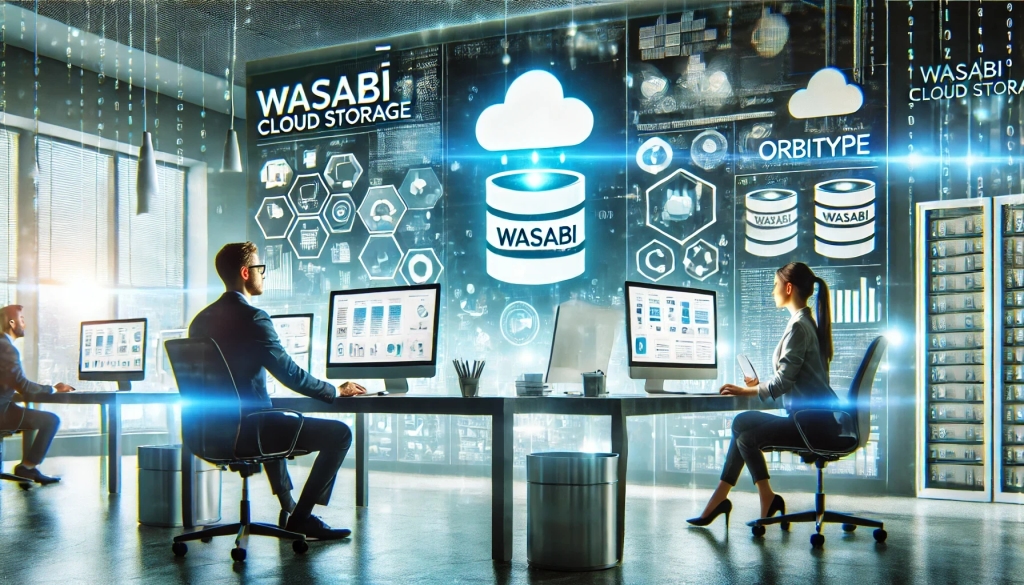
Seamless Data Management: Integrating Wasabi Cloud Storage with Orbitype
Boost your CMS performance with Wasabi Cloud Storage and Orbitype integration. Learn how this cost-effective, scalable solution enhances data management and delivers exceptional results.
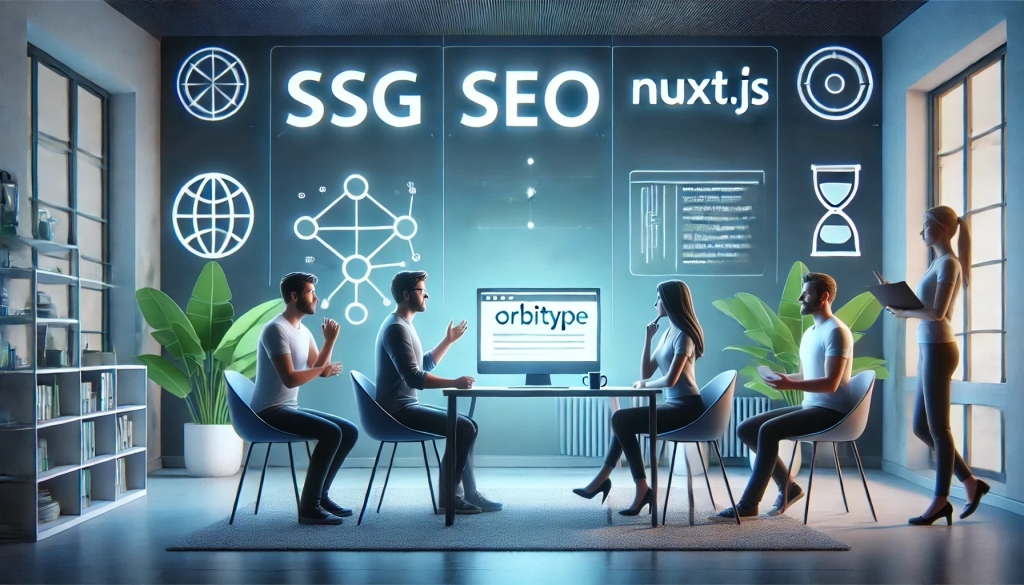
Integrating Orbitype with Nuxt.js for Optimal Performance and SEO
Leveraging Orbitype, a robust headless CMS, with Nuxt.js, a Vue.js framework, provides developers a powerful solution for building fast, SEO-optimized websites. This blog post explores how the integration of Orbitype and Nuxt.js harnesses the benefits of static site generation (SSG) and server-side rendering (SSR), thanks to Orbitype's API-driven content management system.
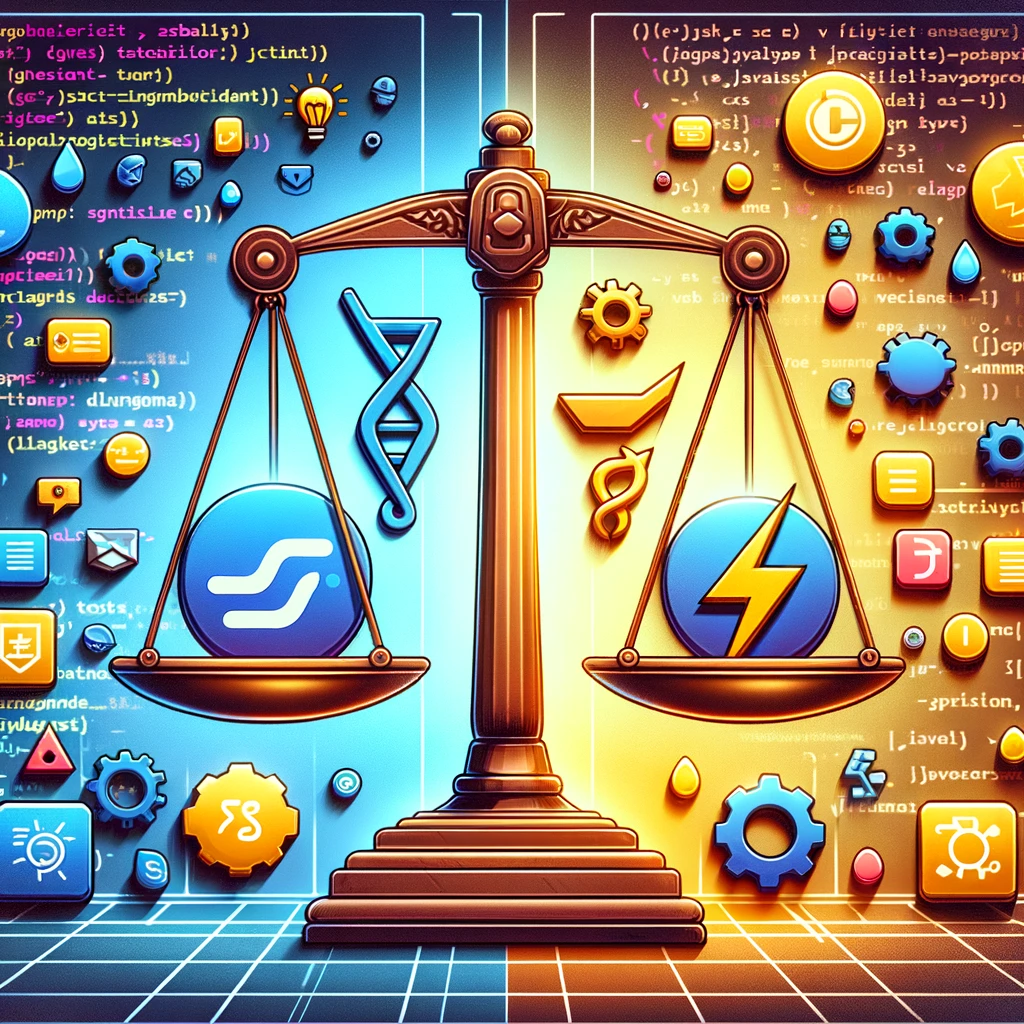
TypeScript vs. JavaScript
Discover the synergy between TypeScript and JavaScript for web development. Learn how Orbitype supports Nuxt CMS, headless CMS for Nuxt, and future-ready digital trends.
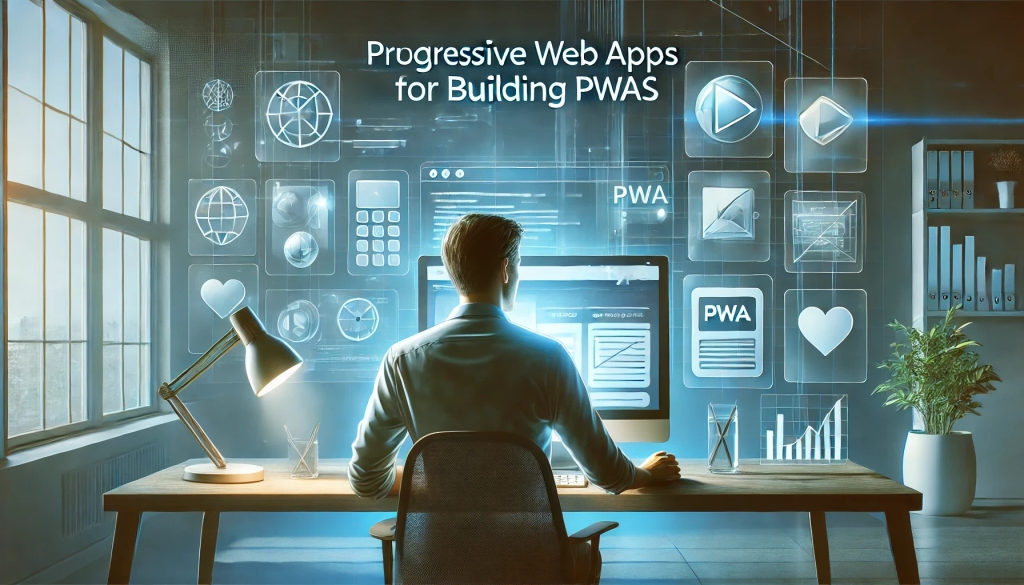
Building Progressive Web Apps (PWAs) with Orbitype
Explore how Orbitype enhances Progressive Web Apps (PWAs) with optimized performance, offline capabilities, and seamless content management for superior user experiences.
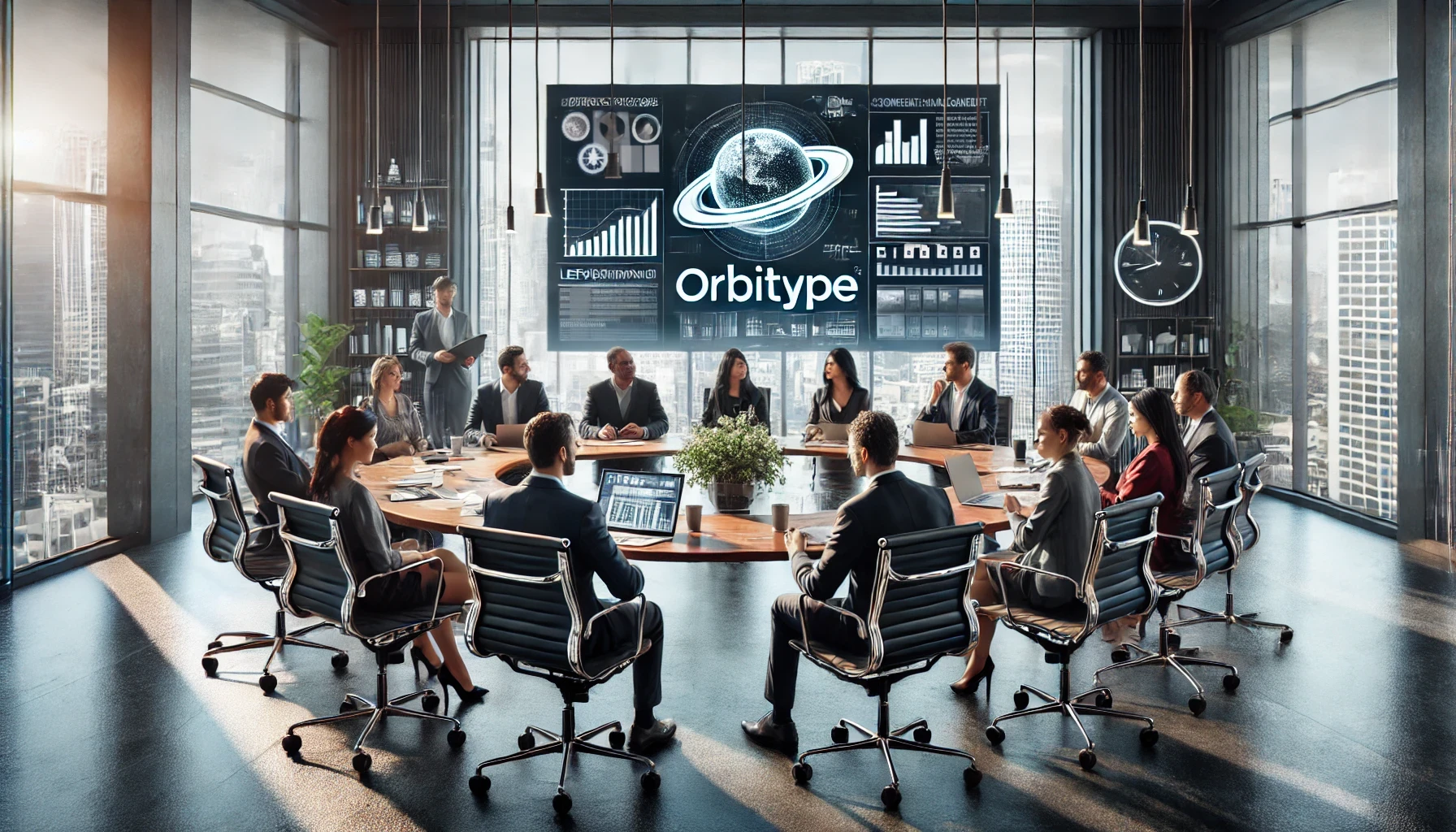
Leveraging Orbitype for Efficient Content Management in E-Commerce
nhance your e-commerce performance with Orbitype CMS. This scalable headless CMS simplifies content management, boosts SEO, and seamlessly integrates with Shopify, WooCommerce, and Magento for dynamic, flexible solutions.

Mastering Third-Party Integrations with a Headless CMS for Efficient Workflows
Streamline workflows and scale your business with seamless third-party integrations using Orbitype's flexible headless CMS—designed for efficiency, automation, and growth.
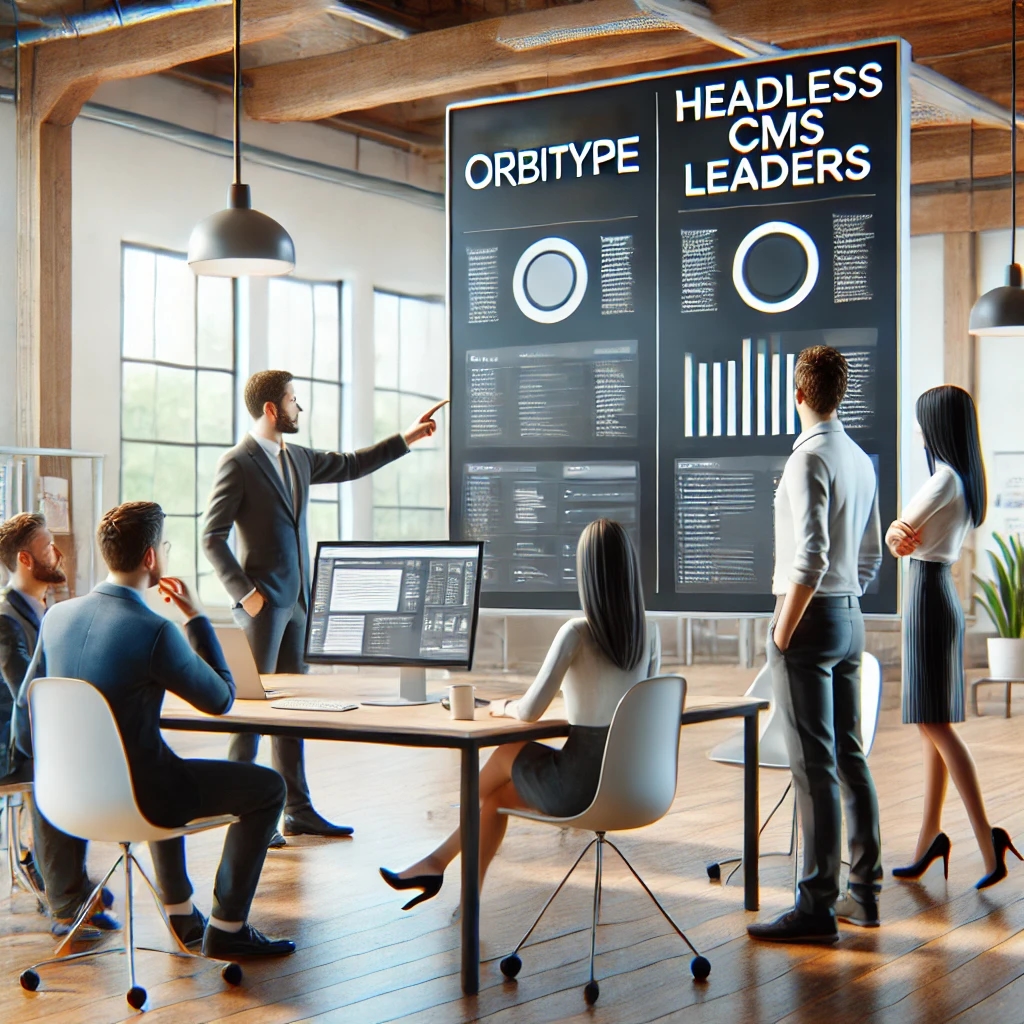
How Orbitype Compares to Headless CMS Leaders in 2025
Struggling to choose the best CMS? Discover how Orbitype compares to headless CMS leaders in 2025, solving complexity and scalability challenges with ease. Try Orbitype!
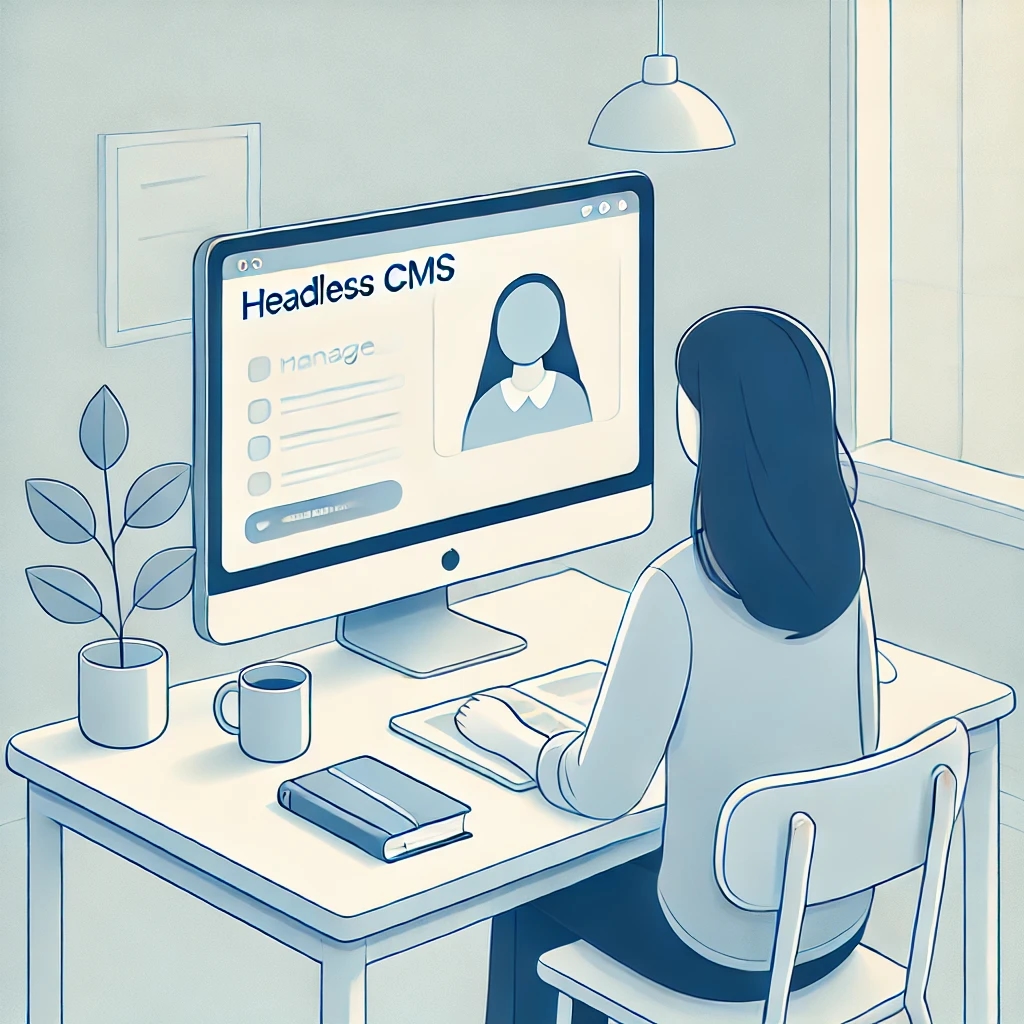
How Educational Institutions Benefit from Headless CMS for Online Learning
Enhance online learning with a Headless CMS. Discover how centralized content management, scalability, and seamless multi-channel access can transform educational platforms.
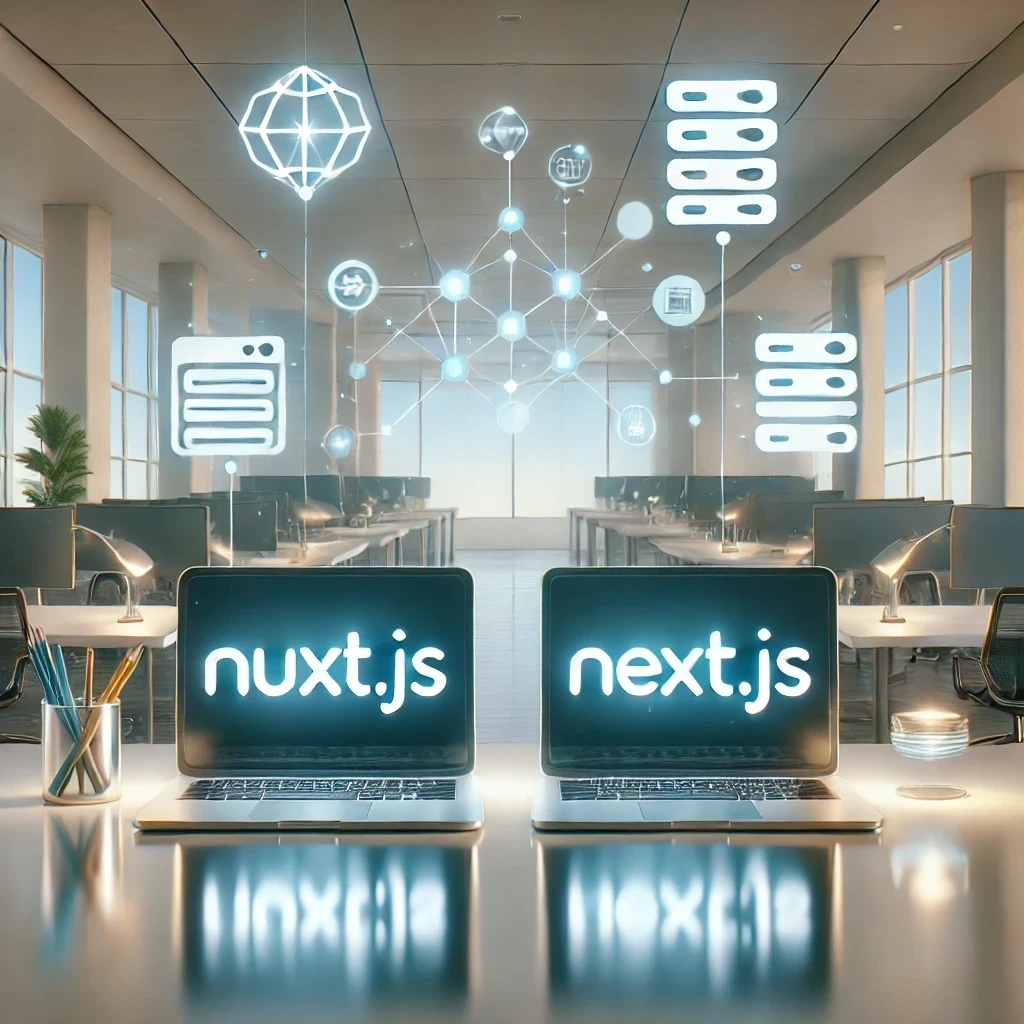
Nuxt vs Next: Which Framework Works Best with Headless CMS?
Compare Nuxt.js and Next.js to find the best frontend framework for your Headless CMS. Discover which offers better performance, scalability, and flexibility for dynamic web projects.
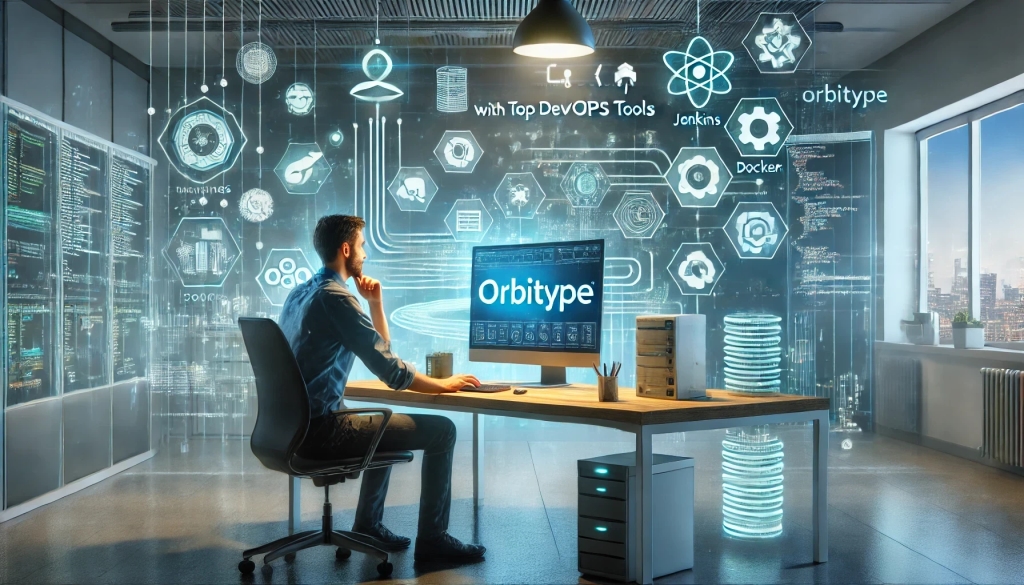
Streamlining Development: Integrating Orbitype with Top DevOps Tools
Discover how to integrate Orbitype with leading DevOps tools like Jenkins, Docker, and Kubernetes. Learn best practices for automating deployments, containerizing Orbitype, and scaling efficiently while streamlining workflows for continuous integration and delivery.
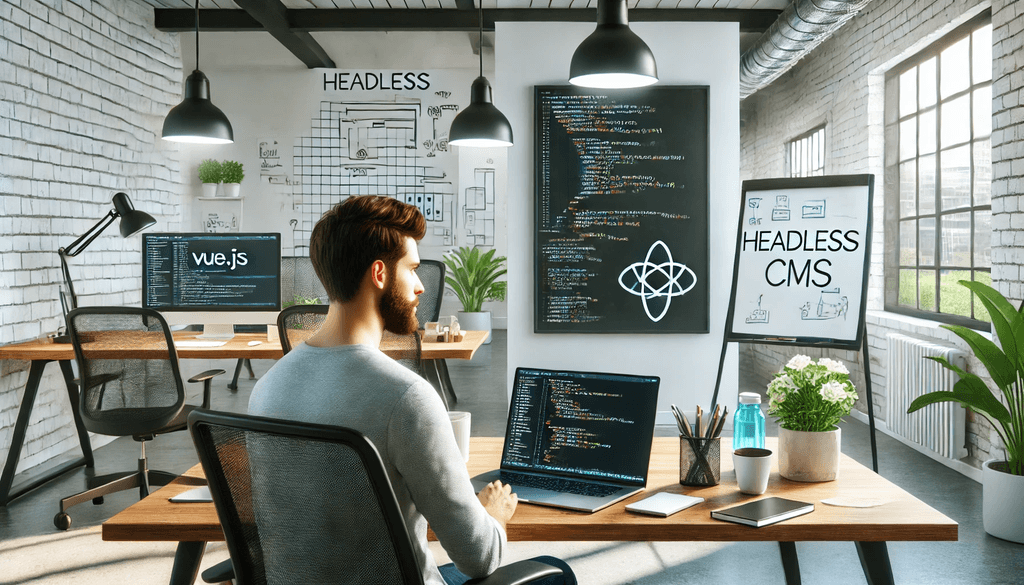
Building High-Performance Vue Apps with a Headless CMS
Discover how to optimize Vue.js apps with a Headless CMS for high performance, scalability, and SEO. Learn best practices and tools for creating dynamic web apps.

SQL or NoSQL: What's Best for Mobile Applications Using Orbitype?
Explore Orbitype, the ultimate headless CMS for React developers, offering seamless content management, enhanced performance, and flexibility to create dynamic web applications with ease. Learn how Orbitype simplifies workflows and boosts productivity.
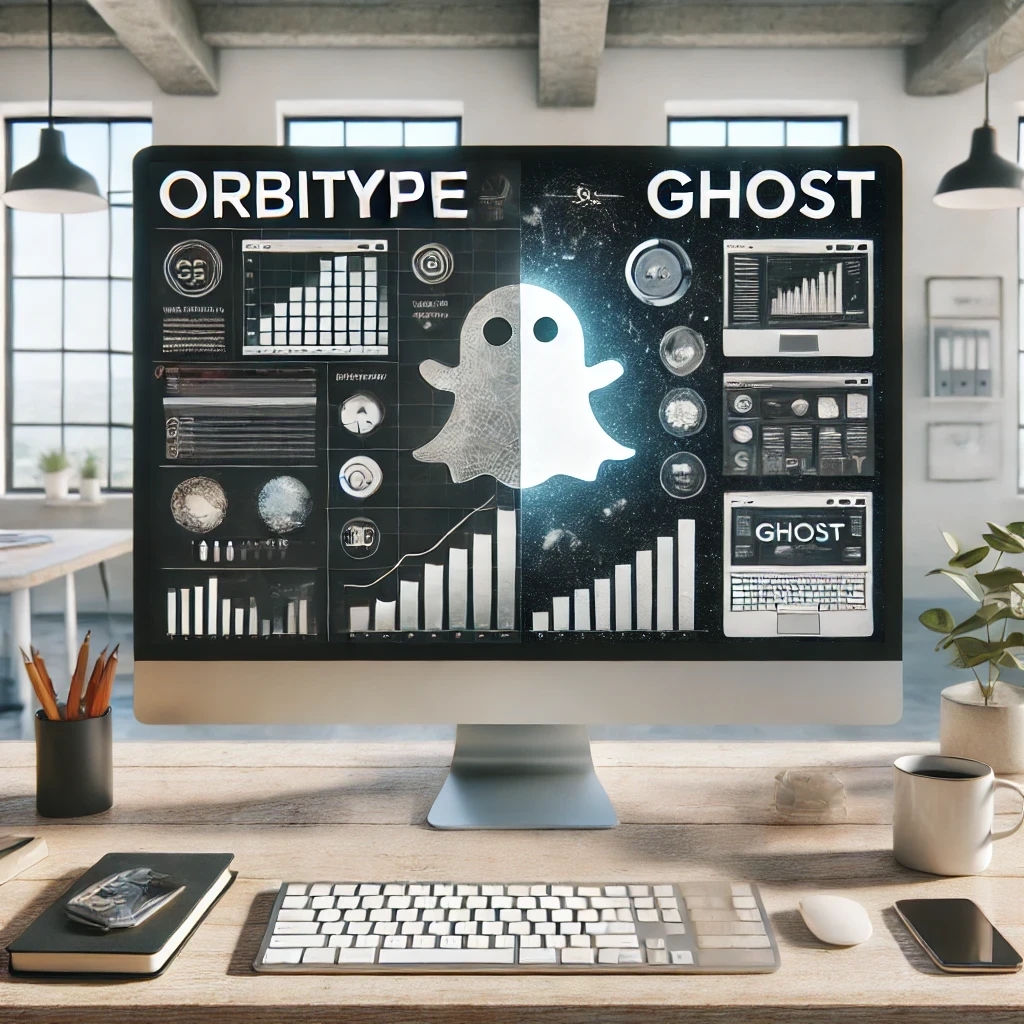
Comparing Orbitype and Ghost: Best CMS for Blogging in 2025
Compare Orbitype and Ghost to find the best CMS for blogging in 2025. Discover which platform suits your goals, from scalability to simplicity and dynamic content
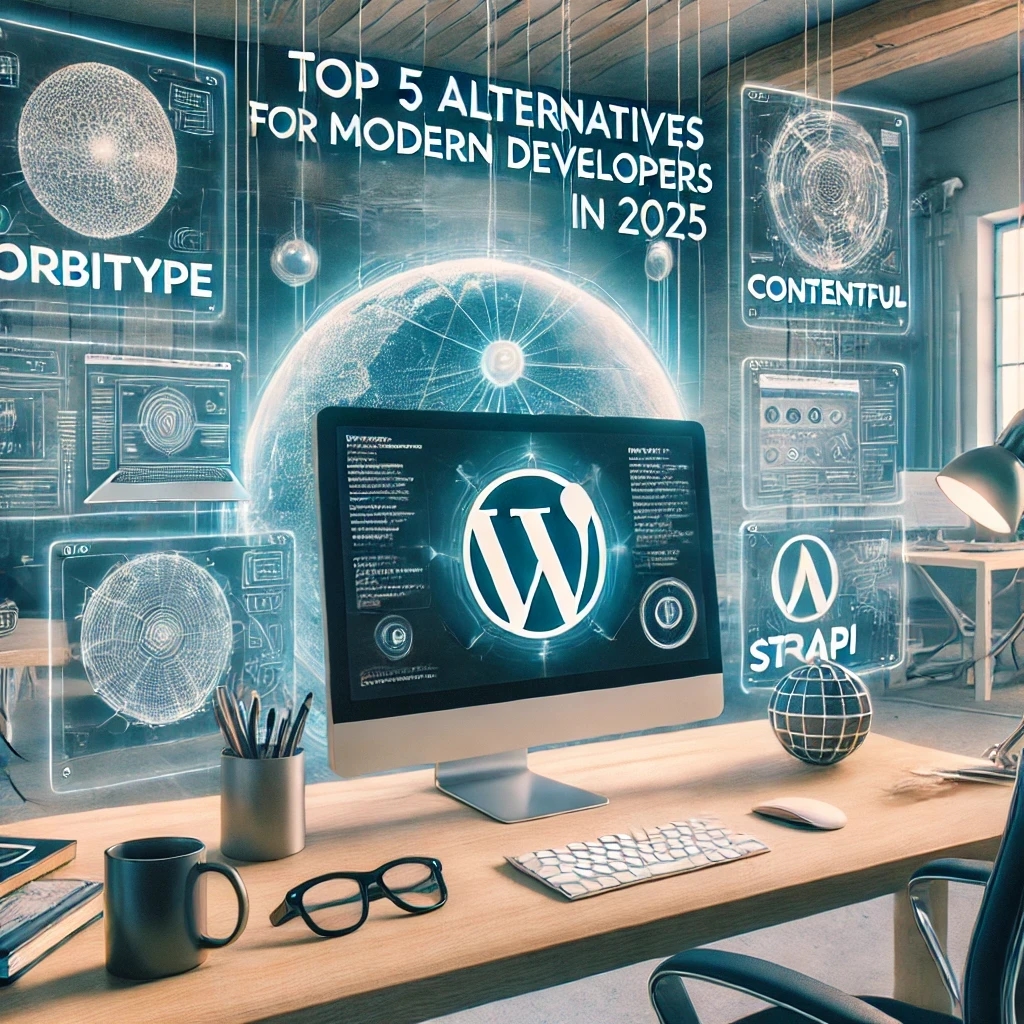
Top 5 Alternatives to WordPress for Modern Developers in 2025
Discover the top WordPress alternatives for 2025, including Orbitype, Contentful, and Strapi. Explore modern CMS platforms offering scalability, flexibility, and cutting-edge tools for developers.

Security and Compliance in Headless CMS: Focus on Orbitype
Explore headless CMS security with Orbitype: advanced authentication, data encryption, and compliance with GDPR & CCPA. Learn best practices for secure CMS operations.

10 Tips for Optimizing Core Web Vitals in Headless CMS Websites
Discover 10 actionable tips to optimize Core Web Vitals for Headless CMS websites. Improve performance, SEO, and user experience with these essential strategies.
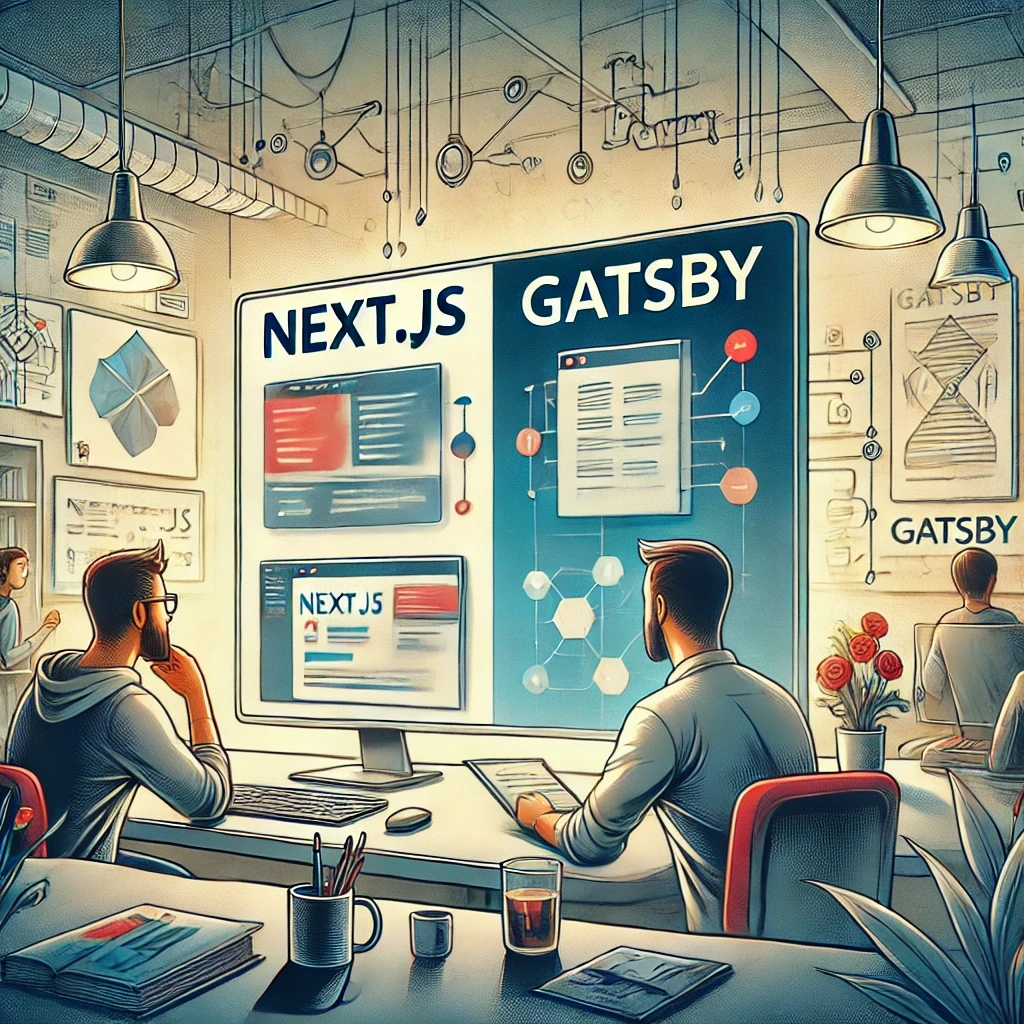
Next.js vs Gatsby: Which Works Best With a Headless CMS?
Choosing between Next.js and Gatsby can be challenging when working with a Headless CMS. This guide breaks down their strengths and helps you decide which framework works best for your dynamic or static content needs.

CMS for Vue.Js - Orbitype Headless CMS
Explore Orbitype, the best Headless CMS for Vue.js, offering seamless API integration, dynamic content management, and unmatched performance for interactive front-end development.
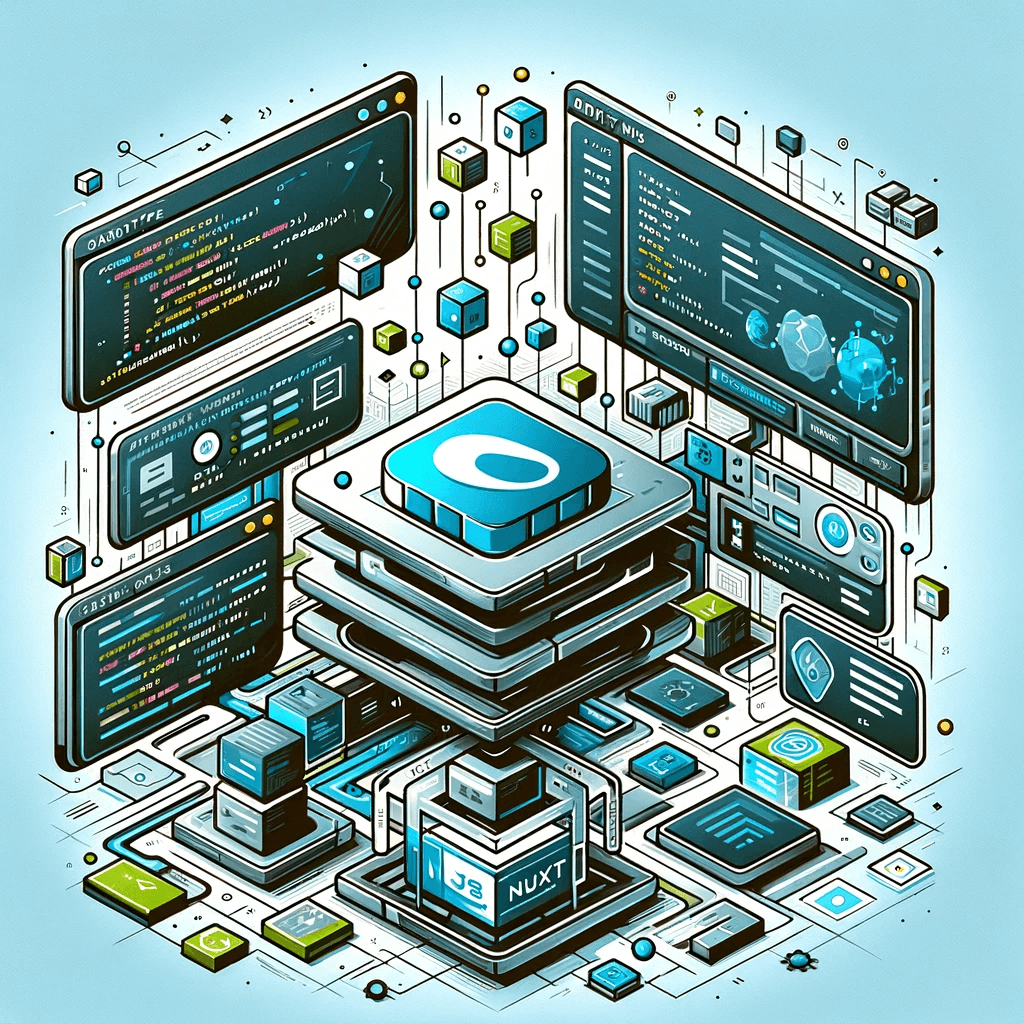
CMS for Nuxt - Orbitype Headless CMS
Optimize your Nuxt.js projects with Orbitype, the API-first Headless CMS offering scalable content management, multimedia repositories, and enhanced SEO for modern web applications.
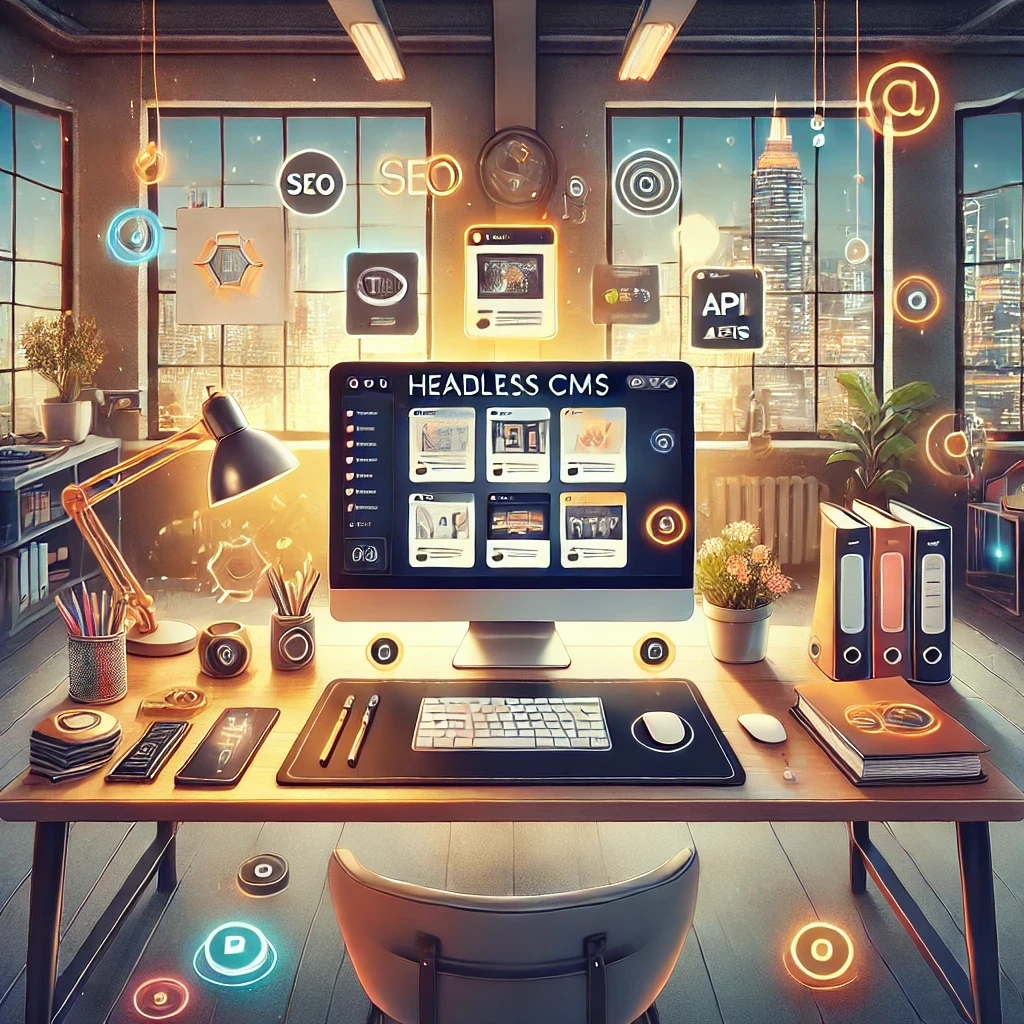
Best Headless CMS Solutions for Portfolio and Personal Websites
Showcase your work with ease using Orbitype—the ultimate Headless CMS for portfolio and personal websites. Enjoy seamless integration, powerful customization, and SEO-friendly features designed for creators and developers.
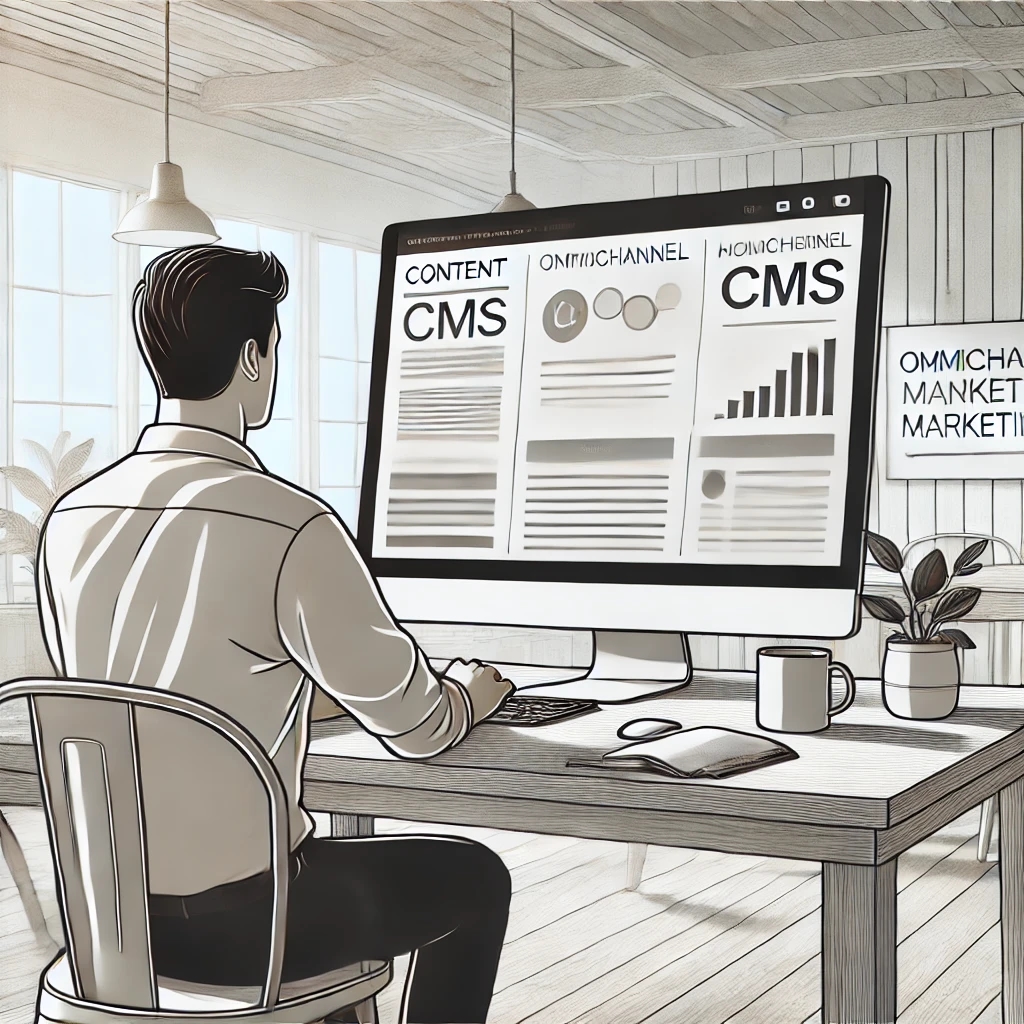
How Headless CMS Empowers Omnichannel Marketing Strategies
Boost your omnichannel marketing strategy with a Headless CMS. Centralize content management, deliver personalized customer experiences, and ensure consistency across platforms.
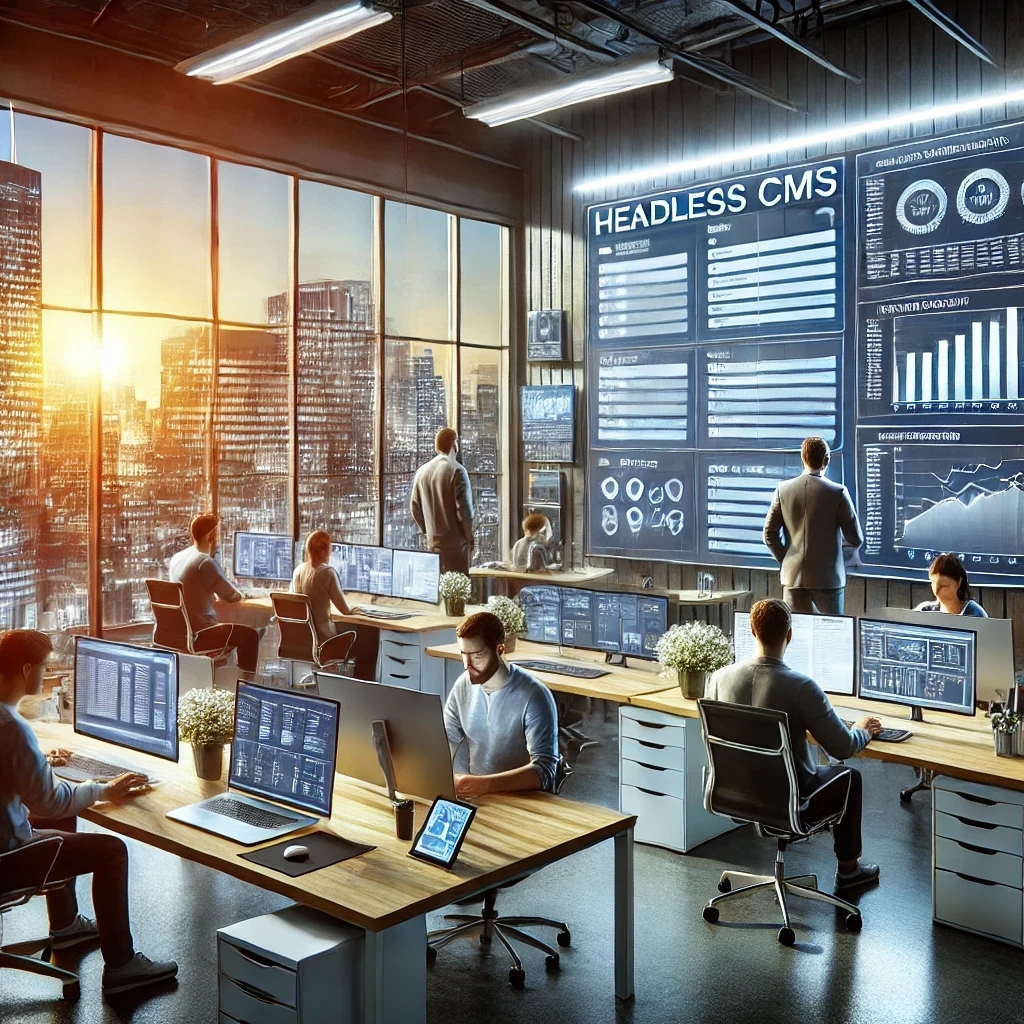
How to Scale Your Website with a Headless CMS for High Traffic
Scale your website effortlessly with a headless CMS like Orbitype—achieve faster load times, seamless scalability, and reliable performance during high-traffic surges
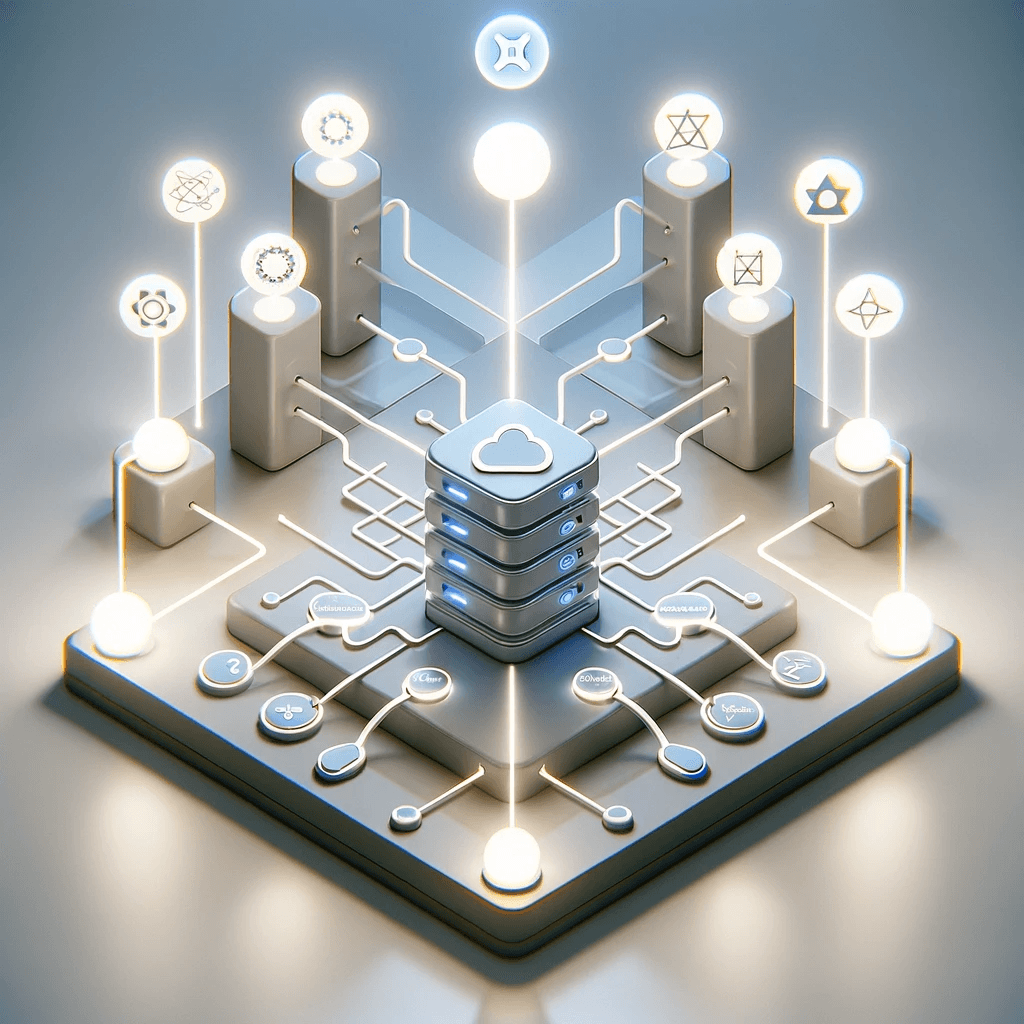
CMS for React - Orbitype Headless CMS
Orbitype is the ideal CMS for React developers, combining seamless API integration, flexible content management, and scalability to create fast, dynamic, and customizable web applications effortlessly.
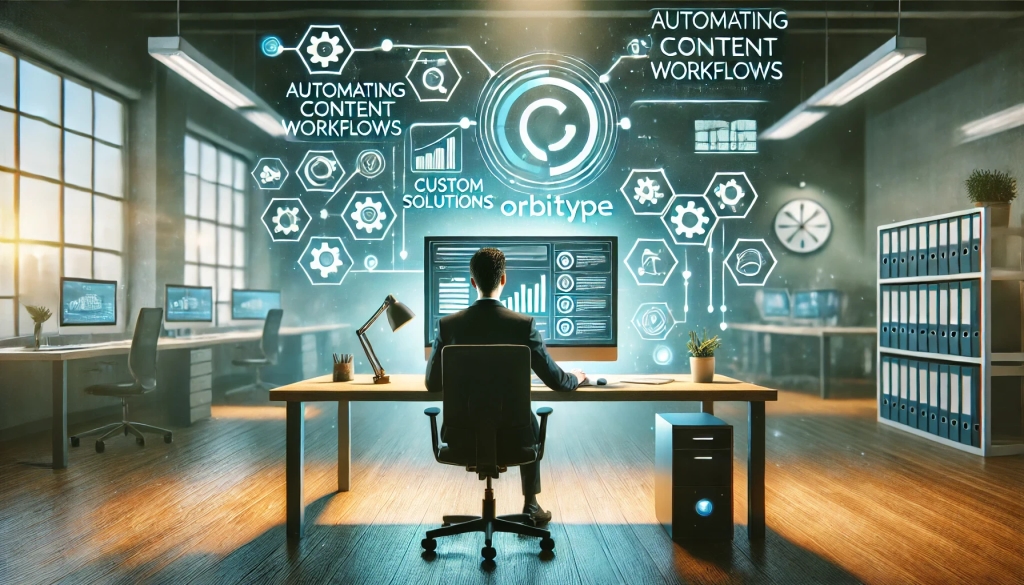
Automating Content Workflows with Orbitype’s Custom Solutions
Discover how Orbitype's custom CRM and ERP solutions revolutionize content workflows. Automate processes, reduce manual tasks, and improve productivity for software development agencies with tailored tools for seamless collaboration and efficiency.